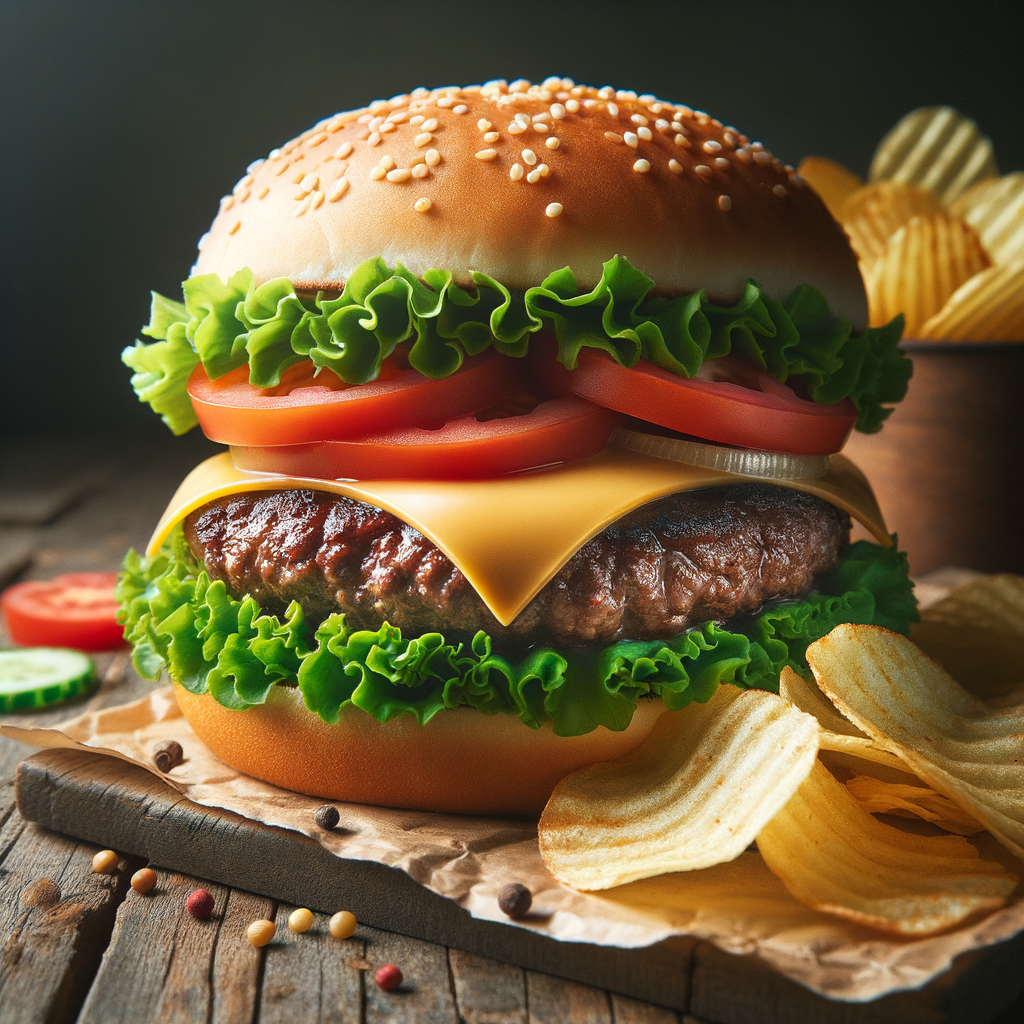TLDR:
1. Constant snacking disrupts your natural hunger cues and metabolic health.
2. Our ancestors thrived on periods of fasting, which support cellular repair and fat burning.
3. Continuous eating can lead to hormonal imbalances and chronic inflammation, beyond just weight gain.
4. Short fasting periods (12-16 hours) improve insulin sensitivity and overall metabolic markers.
5. Embracing purposeful fasting promotes steady energy, mental clarity, and easier weight management—your body’s natural way to stay healthy.
For decades, we've been told that snacking by eating small, frequent meals "stokes your metabolism" and keeps energy levels stable. But what if this well-intentioned advice is actually sabotaging your health, energy, and ability to burn fat? Let's expose why the "eat every 2-3 hours" rule is one of the most damaging nutrition myths of our time.
Table of Contents
It’s important to recognize that our modern eating habits are a relatively recent development, and our bodies are still well-adapted to periods of fasting and feast. Historically, humans didn’t have constant access to food; instead, they endured natural cycles of abundance and scarcity. This evolutionary pattern has shaped our biological systems to function best with intermittent periods of nourishment followed by rest. By adhering to this instinctual rhythm, we allow our bodies to reset, repair, and optimize nutrient utilization.
Furthermore, continuous snacking can inadvertently lead to overeating, as the constant influx of calories prevents the body's natural hunger cues from functioning properly. Over time, this can contribute not just to metabolic issues, but also to hormonal imbalances—such as disrupted insulin and leptin signaling—that undermine long-term health. By learning to listen to true hunger signals and embracing strategic fasting, you give your digestive system a break, promote better hormonal balance, and support your body’s innate ability to self-regulate. This shift not only enhances physical health but can also foster a more mindful relationship with food—moving away from mindless munching and toward nourishment that genuinely fuels your well-being.
The Blood Sugar Rollercoaster You Didn't Sign Up For
That mid-morning slump you feel when you skip snacking? That's not true hunger - it's withdrawal. When you graze constantly:
- Your pancreas becomes overworked, pumping out insulin around the clock
- Your cells start ignoring insulin's signals (hello, insulin resistance)
- Your hunger hormones ghrelin and leptin get completely dysregulated
The result? You've essentially turned your body into a sugar-burning machine that panics when it has to tap into stored fat for fuel.
The Hidden Health Consequences (Beyond Weight)
This isn't just about the number on the scale. Even naturally thin people experience:
→ Chronic inflammation (the root of most diseases)
→ Skyrocketing rates of "lean PCOS" and metabolic dysfunction
→ Increased risk for Alzheimer's (now called "Type 3 Diabetes" by researchers)
A groundbreaking study in Cell Metabolism found that time-restricted eating (giving your body 12-16 hours without snacking) improved metabolic markers regardless of weight loss. Your body needs fasting periods to perform critical maintenance like:
✔️ Cellular cleanup (autophagy)
✔️ Fat adaptation (training your body to use stored energy)
✔️ Insulin sensitivity restoration
How to Break Free From Snacking Addiction
- Push Your First Meal Later
Start with delaying breakfast by 1 hour each week until you comfortably reach 12-14 hours overnight fast. - Upgrade Your Meals
Build each meal with:
- Protein (eggs, meat, fish)
- Healthy fats (avocado, olive oil, nuts)
- Fiber (leafy greens, cruciferous veggies)
- Stay Hydrated
Often what feels like hunger is actually thirst. Try sparkling water with lemon or herbal tea between meals. - Move Through the Discomfort
When "hunger" pangs hit:
- Wait 20 minutes (they usually pass)
- Take a short walk
- Drink electrolytes (sodium/potassium/magnesium)
The Metabolic Freedom Awaiting You
Within weeks of stopping the constant snacking cycle, most people report:
✓ Steadier energy (no more 3pm crashes)
✓ Reduced inflammation (less joint pain/bloating)
✓ Improved mental clarity (goodbye brain fog)
✓ Easier weight management (your body finally accesses fat stores)
Your body is designed to thrive with periods of nourishment AND periods of rest from digestion. The next time someone insists you "must" eat every few hours, remember: humans evolved through feast and famine - not granola bars and protein shakes. Give your metabolism the chance to work as nature intended, and watch how your health transforms.
The Bottom Line: Constant eating keeps you metabolically inflexible. True metabolic health comes from quality meals with purposeful fasting periods - not from grazing like livestock. Your body already has everything it needs to fuel you between meals… if you'll just let it.
If you require any assistance with this article, please do not hesitate to Contact Us
The content of this post is provided for informational purposes only. It is essential to consult with a qualified healthcare professional before making any decisions regarding your health or wellness. The author is not a licensed medical professional, and this information should not be considered medical advice.














